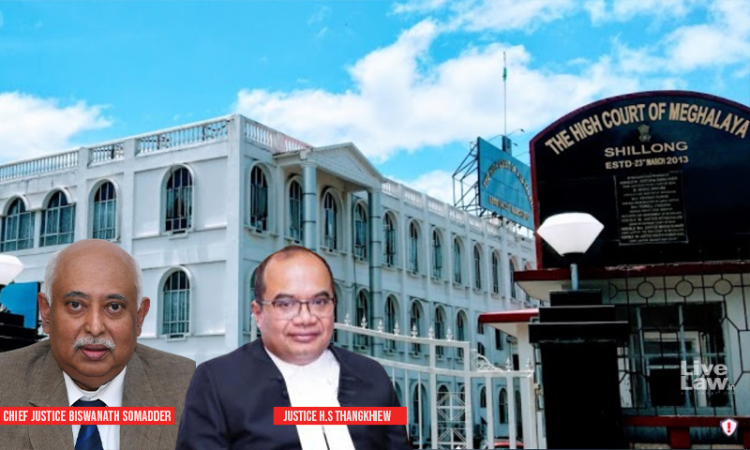Breaking: 'Forced Vaccination Violates Fundamental Right' : Meghalaya High Court
Nupur Thapliyal
24 Jun 2021 5:46 PM IST

"The welfare policy for vaccination can never affect a major fundamental right; i.e., right to life, personal liberty and livelihood"
Next Story


